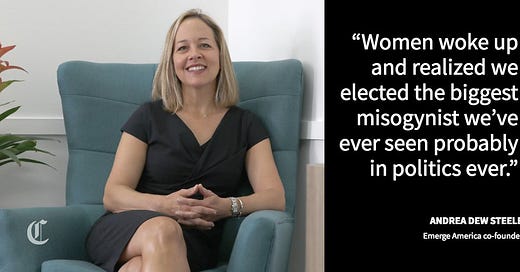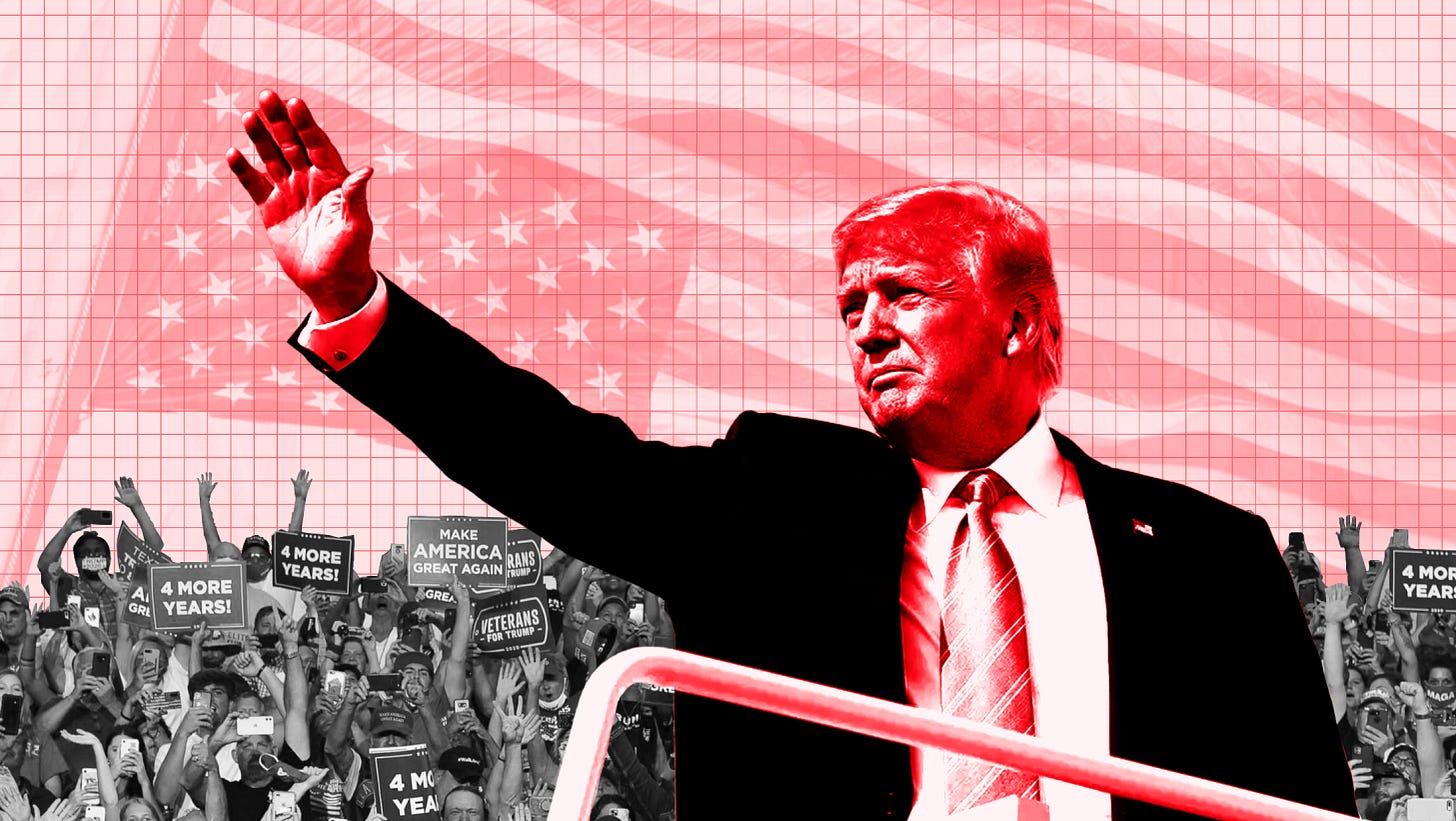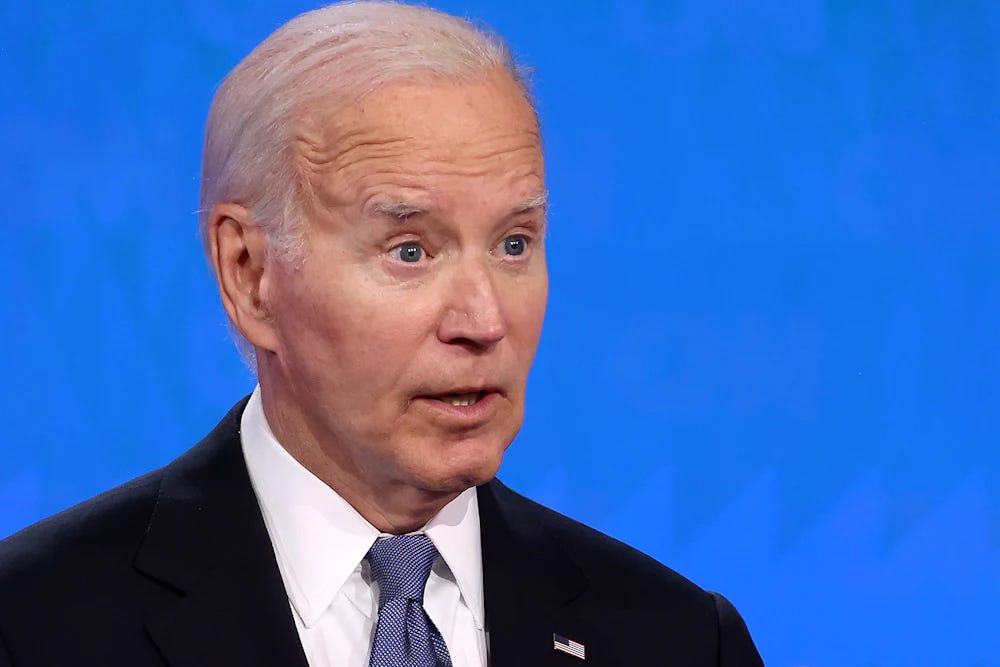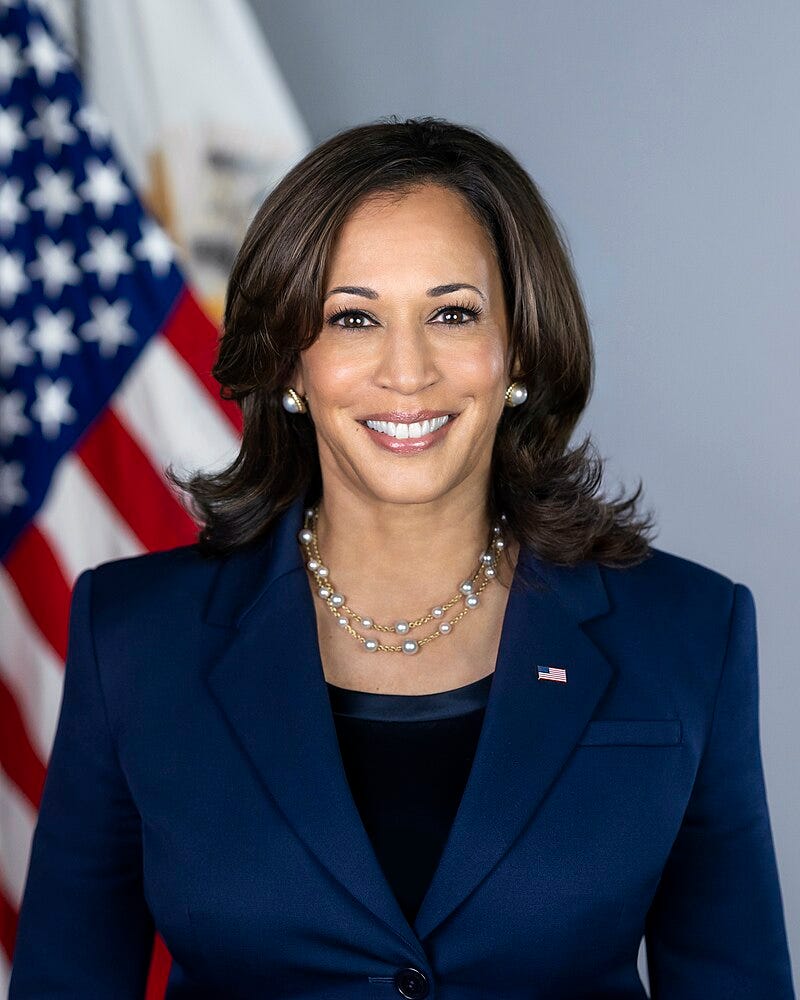Heading to the Democratic National Convention
My last convention was in 1988 when I worked for the Al Gore for President campaign
This afternoon I'm boarding a plane from Nashville to Chicago to attend the Democratic National Convention.
It won't be my first nominating convention. In 1988 I worked for the Al Gore for President campaign. First, I helped organize Gore’s announcement of his candidacy in his hometown of Carthage, Tennessee. Then I joined the advance team, flying across the country to set up festooned events, assuring sizable audiences for good media looks, and always passing along to the candidate a short list of those he needed publicly to thank.
After that, I served as deputy campaign manager for Gore's ill-fated primary effort in Connecticut. I drove to more than 40 towns, pitching for my fellow Tennessean, but, alas, Michael Dukakis crushed him and went on to clinch the nomination.
The 1988 convention in Atlanta was a heady affair, in spite of the fact that we lost miserably.
Gore got me into the Atlanta convention. This year I myself do not have the requisite credentials to gain entry—i.e., recent participation at a high level in the Democratic Party—but I am lucky enough to be dating a wonderful woman, Andrea Dew Steele, who has been a mover and shaker in the party for decades.
Months ago, while Biden was still the presumptive Democratic nominee, we broached the question, “To attend or not to attend the convention in Chicago?”
I pressed for going, primarily because if I intend to continue to assail the post-1972 presidential nominating system as the "fatal flaw" in American democracy, I thought it might be a good idea to get inside the convention hall and its side rooms "where it's going to happen."
The reasons to radically reform our presidential nominating system—grounded as it is in state primaries that offer zero checks against the rise of demagogues and authoritarians into the presidential pipeline—are legion and growing.
First of all, the disaster of authoritarian demagogue Donald Trump. It didn't have to be this way. If the Republican National Convention of 2016 had possessed the institutional power to reject the demagogue, it certainly would have done so. In this case, American democracy today would be a much happier place to reside and draw daily breath.
Second, this year our locked-in presidential nominating system gave us octogenarian, declining Joe Biden—a man I adore and respect—as the predetermined, compulsory candidate. Would a convention whose mandate was to choose the best Democratic candidate in the nation to defeat Donald Trump have nominated Biden? Of course not.
Finally, after the ordeal of Biden stepping down, the Democratic Party “elite,” behind closed doors with the bigwigs almost certainly puffing on cigars in smoke-filled rooms, chose Kamala Harris, who so far has been a stunning success.
Mind you, Harris was not chosen by a primary system, and it's highly unlikely that she ever would've been. She was instead tapped by the party.
Maybe, just maybe, there's an important lesson to learn from this inside selection of Harris: Let the political parties pick the presidential nominees, maintaining firewalls against demagogues and authoritarians. Then, let the people pick the president.
This highly intelligent mixed system combines the will of the people (pure democracy) with checks and balances in order to safeguard our civil liberties, civil rights, the Constitution, and the peace of the nation.
Think of democracy as a layer cake: one layer of direct voting by the people followed by a layer of checks and balances.
This layer cake system is the way the United States elected presidents during most of its history. It is the system of democracy that successfully blocked the rise of demagogues and authoritarians to the White House . . . until Donald Trump.
And, generally speaking, checks and balances integrated with the will of the people is the system employed today by the vast majority of parliamentary democracies in Europe and the rest of the world.
First, let the political parties pick the presidential nominees, maintaining firewalls against demagogues and authoritarians
Second, let the people pick the president
Andrea has us slated for events 9 am until 11 pm in Chicago for the next three days. Nevertheless, I will attempt to share back any new insights about the presidential nominating system I garner as I look, listen, and learn in the convention hall as well as in the “smoked-filled rooms” of lore so maligned over the past half century as intolerably corrupt.
Now we know empirically how much worse things can get in a democracy when you strip away checks and balances against demagogues and authoritarians. Suddenly, smoke-filled rooms, so long as they are formidable engines imposing these checks, aren’t looking so bad any more.
If you are not already a paid subscriber ($50/year), please consider signing up. I appreciate your support.









You, like most on the left, approve of candidate "selection" not "election". You applaud Harris’s installment into office, as any fascist authoritarian would. You prefer that the party elite in their "smoke-filled rooms", not the people, choose the leader, as any fascist authoritarian would. You love "predetermined, compulsory leaders", as any fascist and authoritarian would. You choose people based on their skin color and religion, just as a fascist authoritarian would.
You can’t even see how you are being gaslit by your own party into believing you and the American people aren’t worthy enough to choose their representative … and it looks like they are right. Unfortunately it’s not comical, it’s scary.